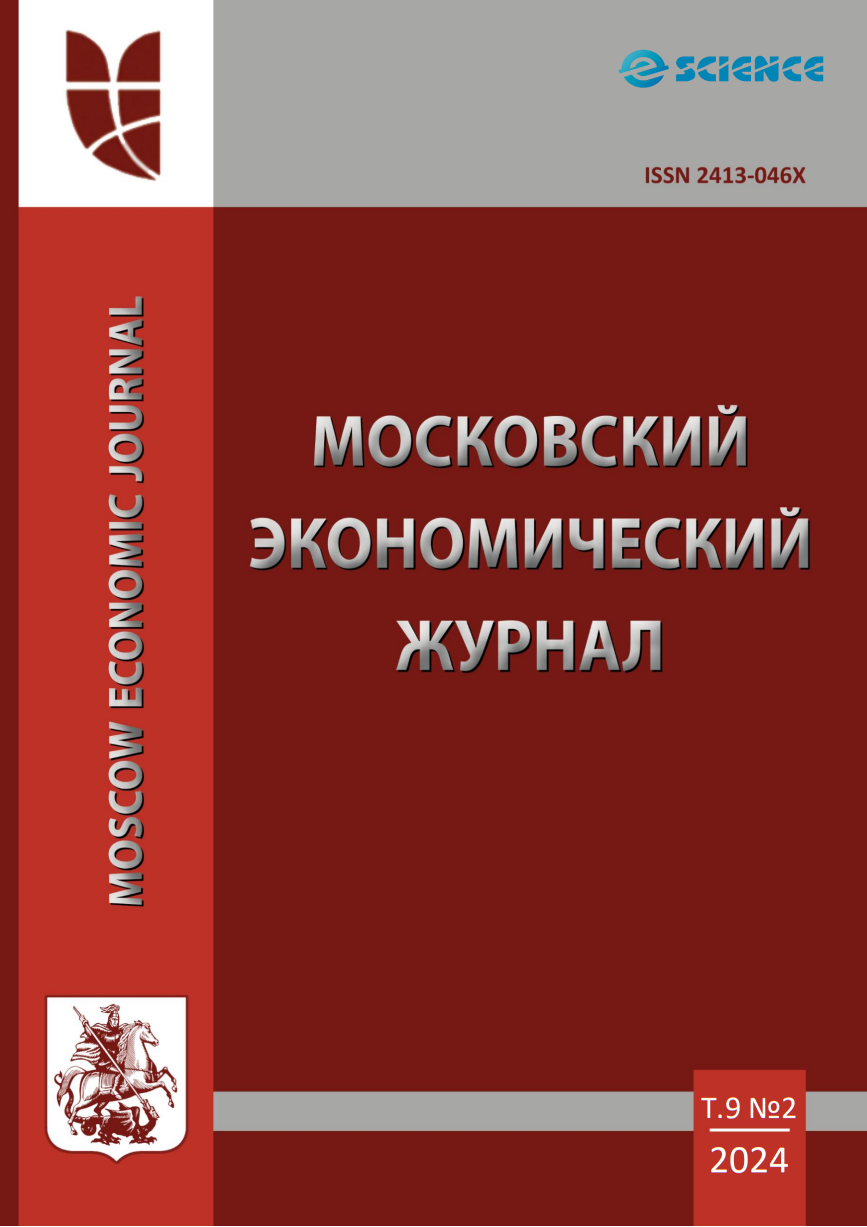UDC 378.14
This article examines the pedagogical foundations of teaching economic disciplines and their impact on the effective assimilation of educational material by students. In the context of modern educational requirements and challenges, the article analyzes the methods, strategies and approaches used by teachers to ensure high-quality education in economic disciplines. Special attention is paid to the role of active teaching methods, case studies, project activities and other innovative approaches in shaping students' understanding and skills in the field of economics. The author highlights the key principles on which successful teaching of economic disciplines is based, such as a problem-oriented approach, integration of theory with practice, individualization of learning and the use of modern educational technologies. As a result, the article concludes that there is a need for an integrated approach to the teaching of economic disciplines, which takes into account the needs and characteristics of students, as well as modern requirements of the labor market and society.
economic disciplines, teaching, pedagogical foundations, educational material, assimilation
1. Garin A.P. i dr. Metody obucheniya ekonomicheskim disciplinam // Moskovskiy ekonomicheskiy zhurnal. 2022. №7. S. 170-176.
2. Balabanov, V. S. Metodika prepodavaniya ekonomicheskih disciplin. Osnovy lektorskogo masterstva / V. S. Balabanov, V. N. Kirillov, R. T. Yuldashev, Ros. akad. predprinimatel'stva. - M. :Ankil, 2020. - 95s
3. Vaganova O.I., Smirnova Zh.V., Mokrova A.A. Primenenie igrovyh tehnologiy v obuchenii studentov //Innovacionnaya ekonomika: perspektivy razvitiya i sovershenstvovaniya. 2019. № 1 (35). S. 16-21.
4. Grebneva L.S. Metodicheskie materialy po ekonomicheskim disciplinam dlya prepodavateley srednih shkol i vuzov: Programmy, testy, zadachi, resheniya. M.: GU-VShE, 2010. 167 s.
5. Gilyazova O.S. Model' razvitiya sovremennogo rossiyskogo universiteta: retrospektiva i perspektiva // Universitet XXI veka: starye paradigmy i sovremennye vyzovy. Materialy XVIII Vserossiyskoy nauchno-prakticheskoy konferencii. 2018. № 1. S. 39-43
6. Efimov O.N. Metodologicheskie osnovy i metodika prepodavaniya ekonomicheskih disciplin v vuze s ispol'zovaniem gnoseologicheskogo potenciala normativnyh dokumentov: uchebno-metodicheskoe posobie. Saratov: Vuzovskoe obrazovanie, 2014. 86 s.
7. Mironova N.A., Nefedova V.N. Osobennosti metodiki prepodavaniya ekonomicheskih disciplin // Vestnik nauki. 2023. №10 (67). Tom 4. S. 212 - 227.
8. Markova S.M. Faktory intensifikacii processa professional'nogo obucheniya // Innovacionnye podhody k resheniyu professional'no-pedagogicheskih problem. № 2. 2020. S. 40-42.
9. Pahnevskaya O.G., Romanchenko A.M., Romanchenko M.K. Sistemy professional'nogo obrazovaniya Rossii i zarubezhnyh stran // Professional'noe obrazovanie v Rossii i za rubezhom. 2017. №1 (25). S.34-42.
10. Choyubekova G.A. Primenenie sovremennyh obrazovatel'nyh tehnologiy v prepodavanii ekonomicheskih disciplin // Izvestiya vuzov Kyrgyzstana. 2017. №2. S. 58-60.











